When assessing the food in your fridge for freshness, are you overly cautious? Would you never dare eat something if it’s past the “best before” date, or throw everything into the fridge and freezer once you get home from the grocery store?

Or do you throw caution to the wind, eat old food as long as it passes the scratch and sniff test (Is that mould? Does this smell? No? Then, bon appétit!).
Turns out, there’s a lot more that goes into storing our food properly (and a lot of things I am doing wrong).
While Canada has some of the safest food in the world, thousands of Canadians get sick every year due to food-borne illnesses, or food poisoning, by eating food contaminated with various bacteria and pathogens.
READ MORE: Who do Canadians trust with their food? Local growers get top marks
Symptoms of food poisoning include vomiting, cramps, fever and diarrhea. While most people get over food poisoning, there are rare times when serious side effects can occur. Pregnant women, seniors, children under 5, and people with weakened immune systems are at a higher risk for serious side effects.
According to Health Canada, proper food storage is one of the main ways to prevent getting sick.
We’ve compiled expert food safety tips for safe shopping and storing of your food.
Shopping tips
At the grocery store, put frozen and refrigerated items in your cart last and get them home and into your fridge or freezer quickly.
Keep items like raw fish, meat and poultry away from other items in your cart and in your shopping bags.
If you use reusable bins and bags for your grocery shopping, label them and keep specific ones for meat, fish and poultry.
Speaking of reusable shopping bags, wash them often. The materials in the bags can become contaminated with bacteria, which could in turn cross-contaminate your food.
Don’t store your resuable bags in your car, which can heat up and cause bacteria to grow faster. Instead, store them in a cool, dry place.
Kitchen storage

Get weekly health news
Health officials, including Health Canada and the Dietitians of Canada, recommend keeping your fridge at 4°C (40°F) or lower. Freezers should be kept at -18°C (0°F).
Once you get home from the store, put foods such as meat, dairy and seafood into the fridge or freezer immediately.
Health Canada says the key is to avoid the “temperature danger zone” (between 4°C and 60°C) where bacteria can grow quickly.
Another tip is to keep meat, fish, seafood and poultry on the bottom shelf of your fridge so juices don’t drip onto other foods.
Does it have to be refrigerated?
Many fruits and vegetables don’t have to be refrigerated. In fact, some stay fresh longer when not kept in the fridge.
WATCH BELOW: Where you store your fruits and vegetables can make a big difference in how long they stay fresh.
Keep in mind, pre-cut and ready-to-eat produce should always be kept in the fridge.
Certain types of fruits and vegetables give off high amounts of ethylene gas, which can cause other items to spoil or ripen too quickly. Whether in the fridge or on the counter, keep these items away from other fresh produce: apples, bananas, tomatoes, melons (cantaloupe, honeydew), pears, plums, peaches, nectarines, apricots and avocados.
READ MORE: Fridge vs counter – How to store fresh food properly
Leftovers
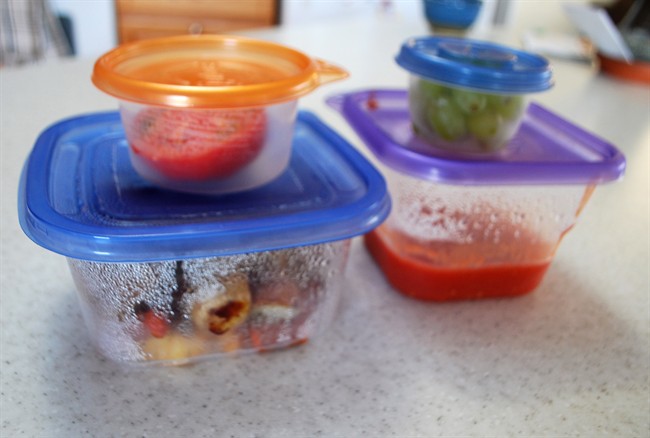
Leftovers should be put in the fridge so they cool quickly. Placing them in shallow, uncovered containers will help the cooling process. It the leftovers are very hot, cool them at room temperature first, and once the steaming stops, place them in the fridge.
Keep lids off the containers until the leftovers are cooled.
If any cooked food has been left out at room temperature for more than two hours, throw it out, recommends the Dietitians of Canada.
Eat leftovers within two to three days, or put them in the freezer to store for longer than that.
READ MORE: Composting 101 – What you can and can’t compost
Hungry?
According to Health Canada, the scratch and sniff method isn’t a good way to determine if food is safe to eat. “Never rely on your nose, eyes or taste buds to judge the safety of food. You cannot tell if food is contaminated by its look, smell or taste,” states Health Canada.
“When in doubt, throw it out.” (Or if you can, compost it!)
Many pre-packaged foods contain “best before” dates on the packaging. But, according to the Canadian Food Inspection Agency (CFIA), these dates only give you information about product freshness and shelf-life – “best before” dates “do not guarantee product safety,” states the CFIA.
“Best before” dates only apply to unopened packages and are required on items that will keep fresh for 90 days or less. Foods with a shelf-life longer than 90 days don’t require a “best before” date.
Certain products must display an “expiration date” including: meal replacements, nutritional supplements and infant formula. If the expiration date has passed, the product might not have the same nutritional content as stated on the label. The CFIA says to discard food if it is past its expiration date.


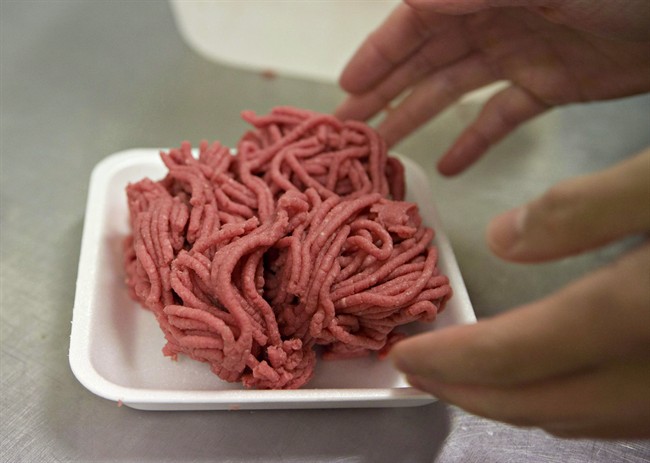
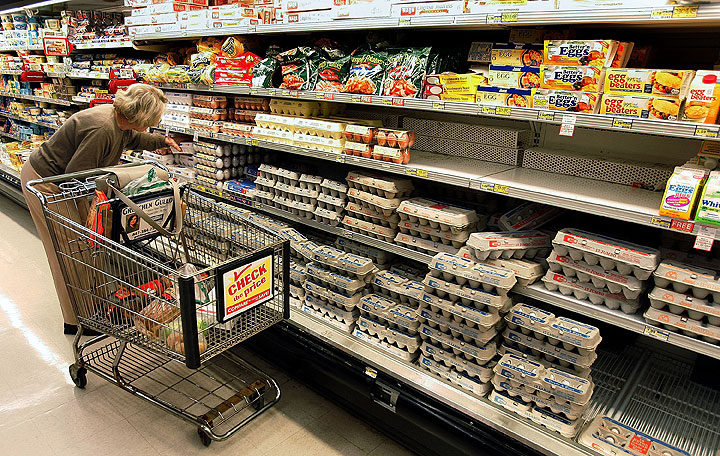
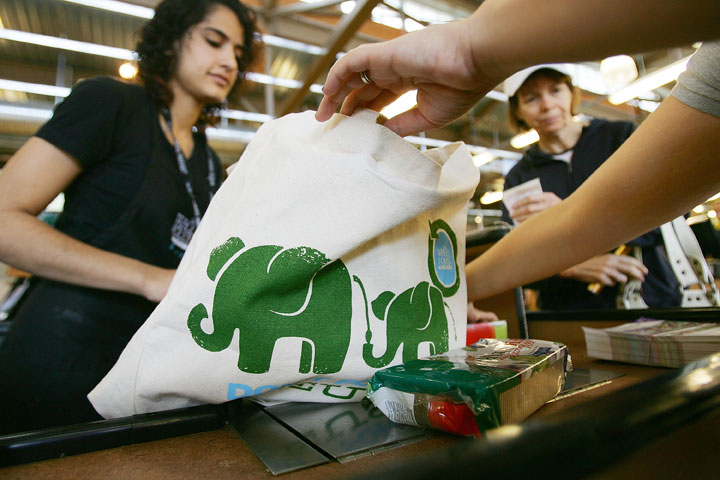
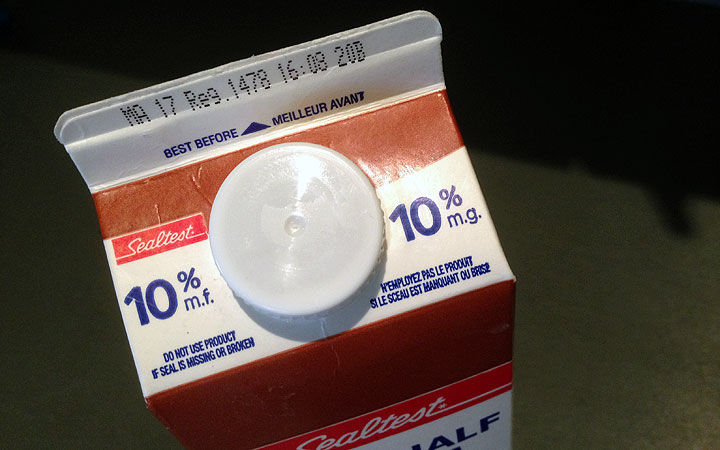
Comments